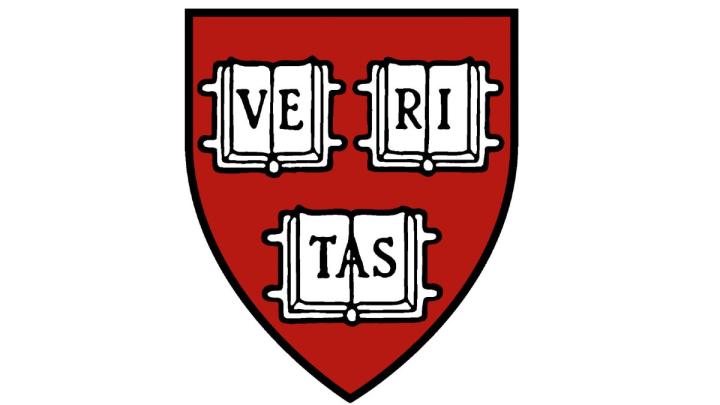A couple of hundred thousand applicants for admission to Harvard College are about to hear from the institution again—in an unexpected and possibly unwelcome way. Under court-directed discovery in the lawsuit filed in 2014 by the Project on Fair Representation/Students for Fair Admissions (SFFA) alleging that Harvard discriminates against Asian Americans, Harvard today disseminated a “Litigation Notice” to “all applicants who applied for first-year undergraduate admission or transfer admission to Harvard College between the fall of 2009 and the spring of 2015.” The notice advises that the court has “to date” ordered “academic, extracurricular, demographic, and other information from your application.”
Those records, Harvard assures the cohort of applicants, do not include names or Social Security numbers. “In addition, the court has ordered that all information provided be subject to strict confidentiality rules that will prevent SFFA from sharing the information with anyone other than its attorneys without first obtaining approval from the court. The court also has ordered that SFFA may not use the information to try to learn the identity of any applicant or to contact any applicant without first obtaining approval from the court.” To comply with the court order, Harvard will begin producing the information on October 28.
Recipients, who may have questions, “including questions about your ability to object to the disclosure of your information,” are referred to an FAQ page. It reveals that the information sought includes high-school standardized test scores, grade-point averages, extracurricular activities, and demographic data. Covered students who object “are free to contact the court directly or to consult with counsel of your choosing at your own expense.” And no, “The court’s ruling will not affect the decision that was made about your admission to Harvard.”
Background
Background on the lawsuit appears here and here. The University maintains a website with case information and documents here. Given that a small fraction of undergraduate applicants gains admission (in recent years, 6 percent or less), tens of thousands of applicants will be hearing from Harvard again—for most, a surprising reminder of the disappointing outcome of their college search.
The SFFA litigation has argued that U.S. Supreme Court rulings on the use of race in admissions were wrongly decided—an argument perhaps made more difficult after the court ruled in June in the case of Fisher v. University of Texas at Austin, where it held that properly constrained processes for reviewing applicants, including consideration of race, are constitutional. The SFFA suit, filed under Title VI of the Civil Rights Act of 1964 (and therefore applicable to a private entity like Harvard, as opposed to public institutions like the University of Texas), asserts that “the proper judicial response” is “the outright prohibition of racial preferences in university admissions—period.”
Beyond that foundational claim, SFFA has asserted that even if the constitutional ruling holds, Harvard has violated it by considering race impermissibly (too heavily) in undergraduate admissions; and that the College imposes an illegal quota on Asian-American applicants. (SFFA filed a similar action against the University of North Carolina.) Those two claims depend on getting access to admissions data, in the aggregate and perhaps in individual cases. As The Harvard Crimson reported in July, SFFA’s counsel sought “data about academic performance broken down by racial demographics, asserting that the University has a burden to prove that their consideration of race in the admissions process is ‘achieving their stated goal which presumably is a diverse campus climate that stretches beyond the date of admission.’” Harvard objected, but, as the Crimson reported in September, the court ordered the production of “comprehensive data” from six admissions cycles. Today’s notification reflects the scope of discovery the court has permitted to proceed.
Discovery and production of expert witnesses, which would precede any trial in the case, are expected to proceed well into 2017. Harvard’s FAQ suggests that based on experience in similar cases, “it will likely be years before the lawsuit is fully resolved.”








